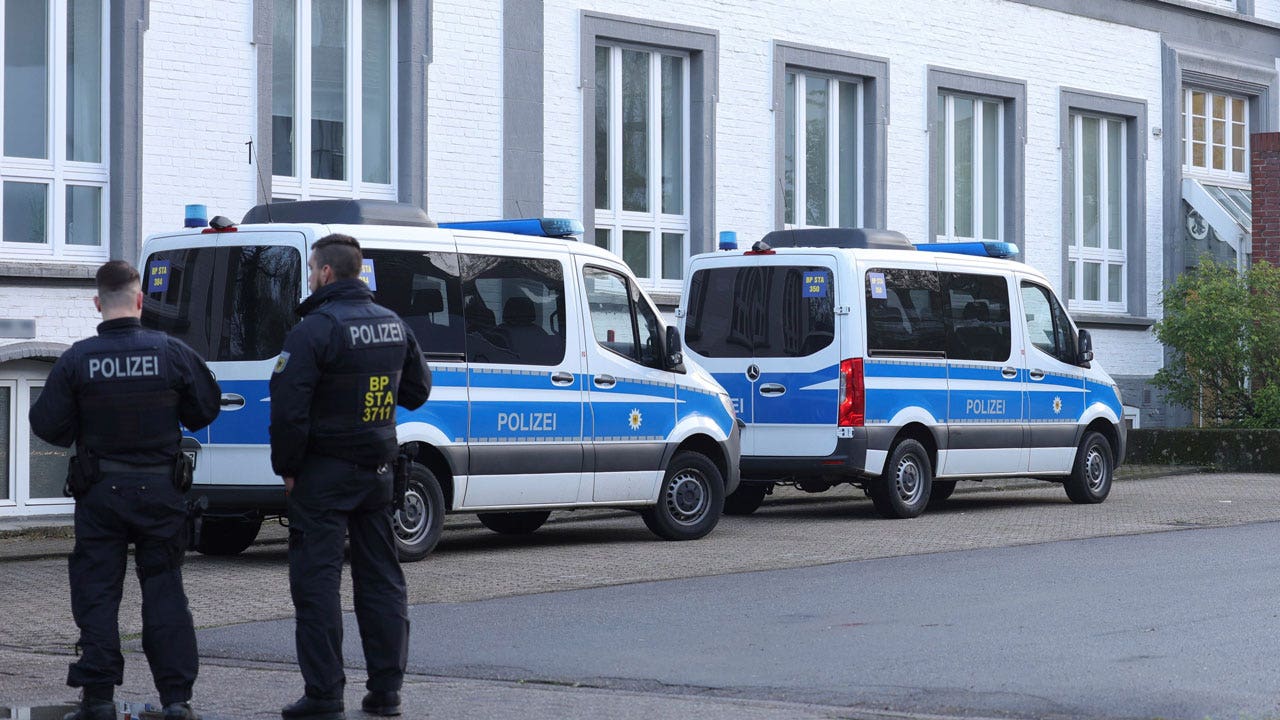In Lower Saxony, the number of crimes attributed to clan criminality has decreased slightly. Last year, 3,610 crimes were classified under clan criminality, compared to 3,986 in 2022, according to a new report released by the Ministry of the Interior and the Ministry of Justice on Monday, August 19. In 2021, there were 2,841 cases of clan-related crime.
“Close cooperation between the police and the judiciary is successful and shows that we are on the right track,” said Interior Minister Daniela Behrens (SPD). “Our message is clear: the rule of law cannot be taken for a ride—neither by criminal clan members nor by anyone else,” added Justice Minister Kathrin Wahlmann (SPD).

Although clan criminality represents less than one percent of recorded crime statistics, it continues to pose significant challenges for law enforcement agencies, according to the report.
Violent crimes and offenses against personal freedom account for nearly a third of all cases, with 1,110 incidents reported. Of these, 631 cases were classified as bodily harm.
Police union demands increased protection for officers
Before the release of the new “Clan Criminality” report, the German Police Union (DPolG) called for more protection for officers. “The deeper the investigations go, the more intense the threats and intimidation against police officers become,” said state chairman Patrick Seegers to the “Neue Osnabrücker Zeitung” (NOZ).
“The increase in threats against police officers indicates that the investigative authorities are on the right track,” Seegers added. The brutality often increases when victims feel unsafe.
The term “clan criminality” is controversial as critics argue that it stigmatizes and discriminates against individuals with a migration background solely based on their family affiliation and origin. Lower Saxony and four other federal states compile annual reports on this phenomenon.








